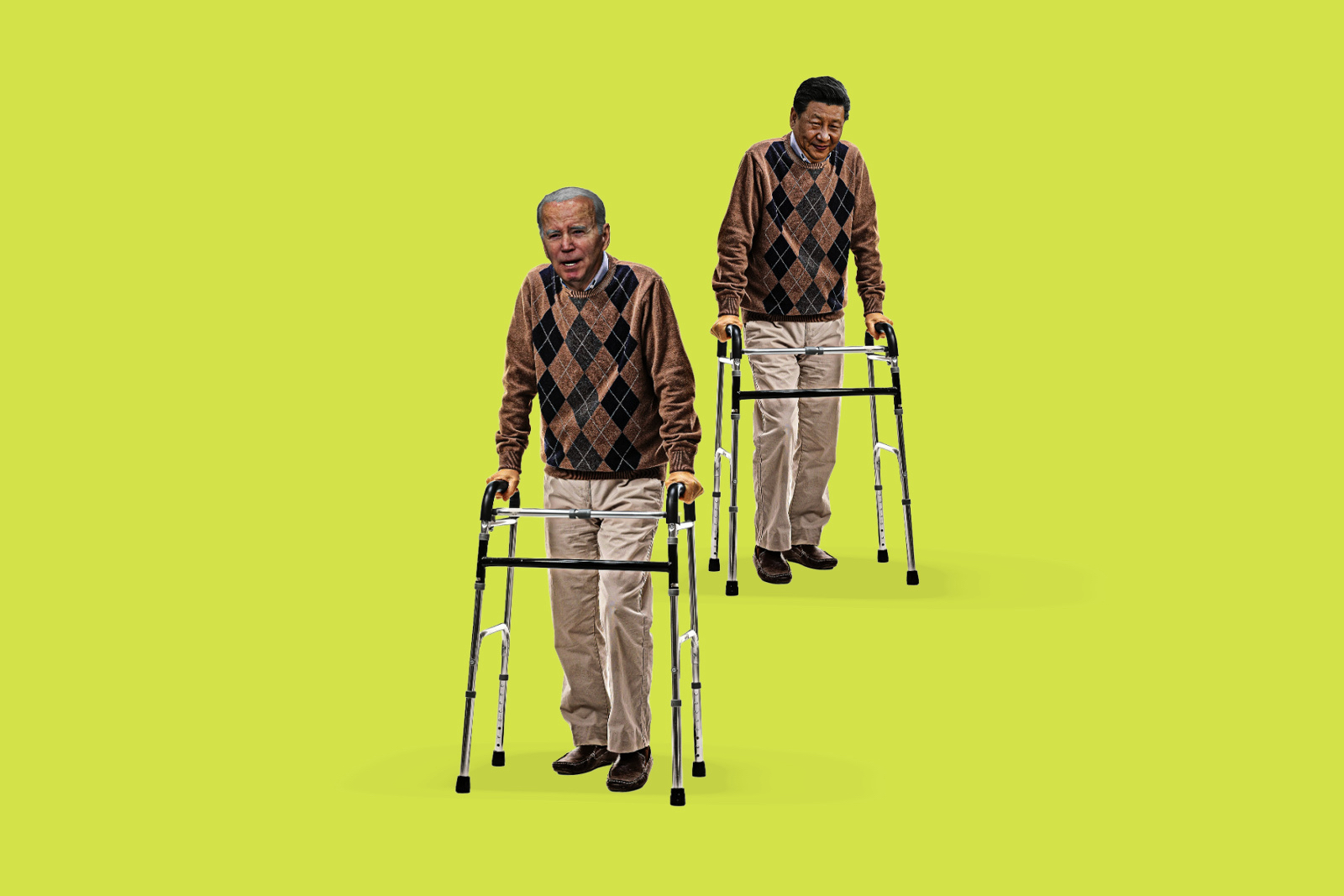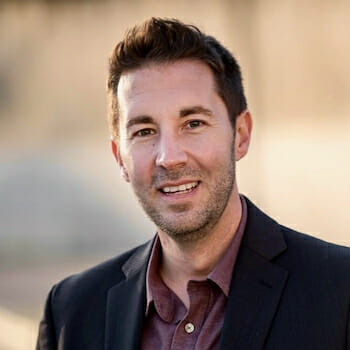
In San Francisco, a Summit of Ages: Biden and Xi Test the Limits of Ageism
As the annual Asia-Pacific Economic Cooperation summit in San Francisco draws near, it sets the stage for an intriguing interplay between two of the world’s veteran leaders: 70-year-old Chinese President Xi Jinping and 80-year-old U.S. President Joe Biden. This encounter is not just a dialogue between nations but a living symbol of a debate that extends beyond borders: the interplay between age and governance.
Custom holds that the upper echelons of China’s Communist Party retire by 68, a milestone Xi has surpassed without stepping down. President Biden, who will turn 81 this November, continues to serve beyond America’s median life expectancy of 76.4 years—a threshold closely aligned with China’s own—defying the silent whispers of time.
Worldwide, the age spectrum of governmental heads is broad: France’s Macron is a sprightly 45, Canada’s Trudeau is 51, and across the Atlantic, UK parliamentarians average 51 years. In the United States, the congressional picture paints a more seasoned tableau: Senators have reached a median age of 65, the highest in history, with Representatives averaging 58 years.
The American sentiment, however, is increasingly wary of a shift toward gerontocracy. A Pew Center survey reveals that only 3% of U.S. adults believe the country’s helm should be entrusted to those in their 70s or older. Further research indicates an overwhelming majority favor age limits for elected officials in Washington, D.C., and for Supreme Court justices. Echoing this stance, Texans recently dismissed a bid to extend the mandatory retirement age for state judges from 75 to 79.
Defining the prime age for leadership is an enigmatic task. While cognitive research suggests a peak in mental agility around 30, followed by a gradual decline, these findings do not capture the entire spectrum of intellectual capability. Aging may slow our processing speed and complicate multitasking and new learning, but it doesn’t uniformly diminish one’s capacity for sound judgment. Indeed, the wisdom accrued from experience is argued to enhance decision-making and foster a propensity to filter out the irrelevant.
In sectors like mine, global aviation, the age debate is front and center: Should the FAA extend pilots’ retirement age from 65 to 67? The comparison may seem inappropriate—after all, politicians do not directly hold lives in their hands as pilots do. Yet, the analogy underscores the critical nature of the roles both occupy.
The science is nuanced. It acknowledges the inevitable physical and cognitive wear over time but also notes that healthy lifestyles may decelerate cognitive decline, an argument for not dismissing the senior cadre outright. This perspective aligns with proposals like those from Nikki Haley, the 51-year-old 2024 GOP presidential candidate, who advocates for comprehensive medical evaluations, including mental health assessments.
While the U.S. president is subject to annual medical check-ups, a thorough psychological evaluation is not currently mandated. President Biden’s recent report detailed various age-related ailments but stopped short of a cognitive assessment. The lack of such an evaluation raises questions about the adequacy of our health transparency for those in the highest office.
The political landscape is slowly acknowledging these concerns. Texas State Representative Matt Schaefer and Senator Joe Manchin, at 76, have opted not to seek re-election, citing personal priorities. Their decisions spotlight a potential trend towards a generational handover, preserving their seasoned insights while stepping back from the front lines.
Such voluntary departures open the conversation to the next step: the infusion of new blood into the political arena while ensuring that officeholders, irrespective of age, are cognitively and physically capable of fulfilling their duties. It’s a delicate balance, striving to retain the invaluable experience of elder statespersons without succumbing to the risks of age-related decline.
As Xi and Biden converge on San Francisco, their meeting is more than a geopolitical event; it’s a mirror reflecting the age-old question of how societies value the contributions of their senior leaders while recognizing the need for vitality and innovation. It’s a dialogue that will continue to resonate as nations grapple with the complexities of leadership in the modern age.

